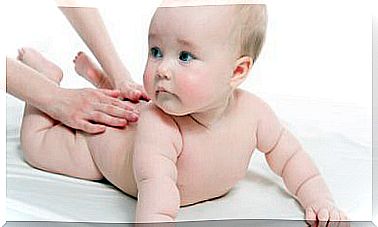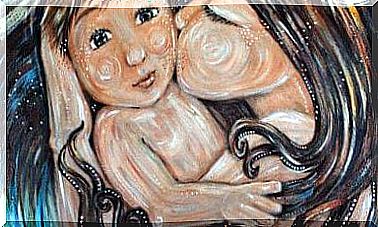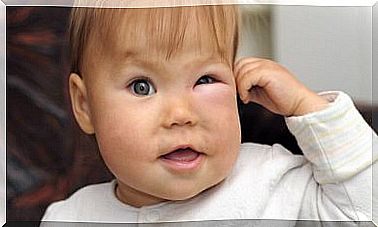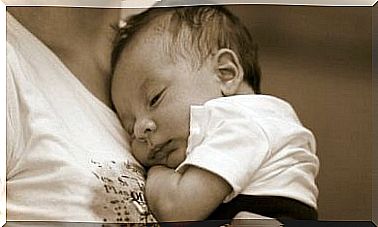Consequences Of Poor Nutrition For Children
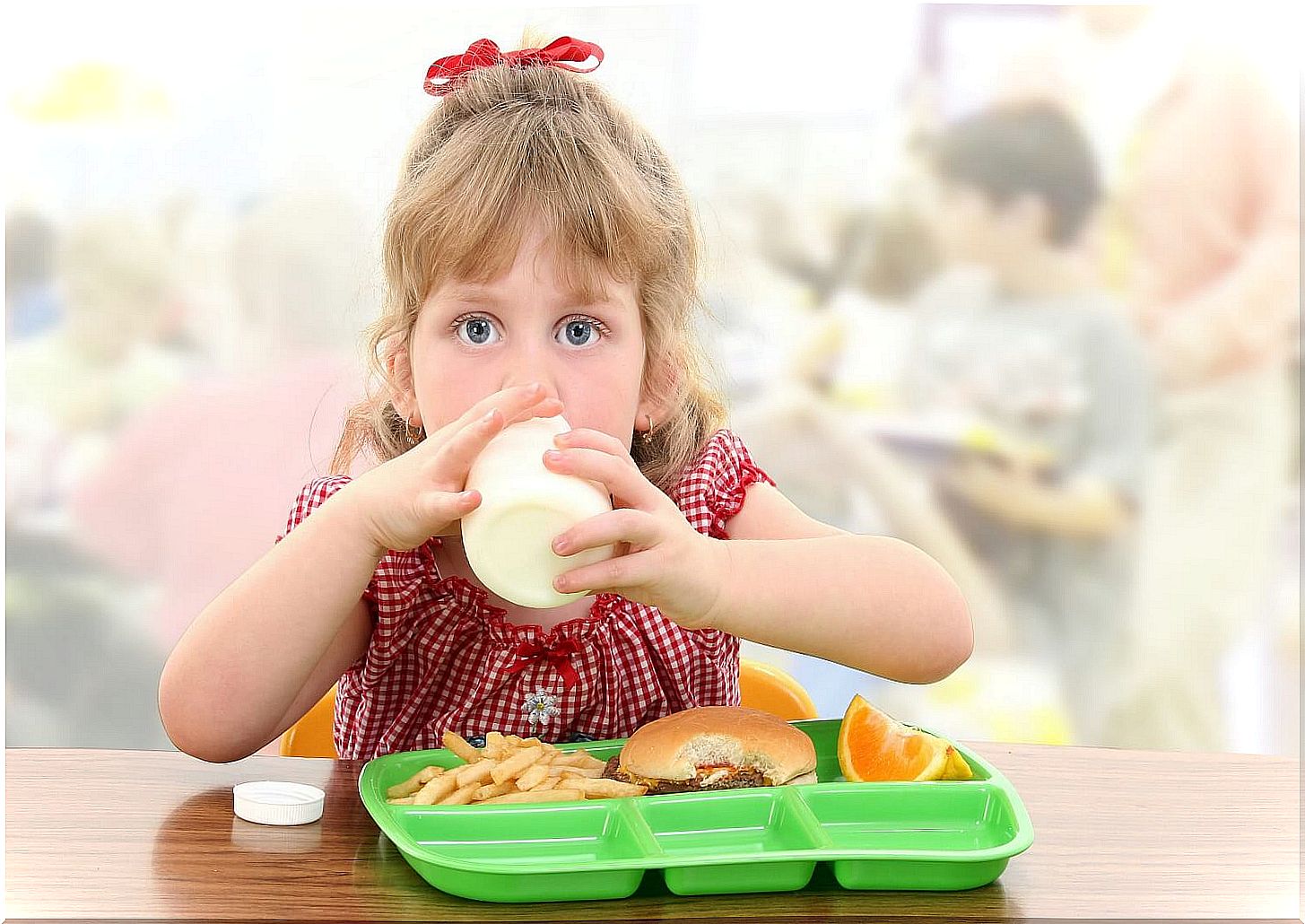
The consequences of poor nutrition in children translate into the emergence of serious pathologies that can have highly harmful outcomes. A balanced diet compensates for these risks and promotes healthy living.
Prevent to avoid the consequences of poor nutrition in children
Prevention rather than cure is the best choice. Proper childhood nutrition, with the provision of all food groups, will prevent bad consequences in adulthood. The bad habits that parents allow to form in childhood will accompany the child throughout his or her life.
If the child is opposed to eating vegetables, fruits or fish, alternatives should be sought for these foods to be present in their diet. Adult metabolism will depend on a healthy, balanced and varied diet during the first years of life.
Less development and concentration and more tiredness are some of the consequences of poor nutrition in children. For example, it will cost them much more to study or read.
Malnourished children suffer changes in skin and hair pigmentation. Vision problems and inadequate physical and mental development are frequent, as well as falling ill more easily.
Weight and size outside normal values
By excess or by default, malnutrition causes serious problems in the body. The weight and size outside normal values are consequences of a poor diet in the case of children. It can also cause high blood pressure, osteoporosis, kidney and heart disease.
It should not be forgotten that increased cholesterol and certain types of cancer are other risks of a bad diet.
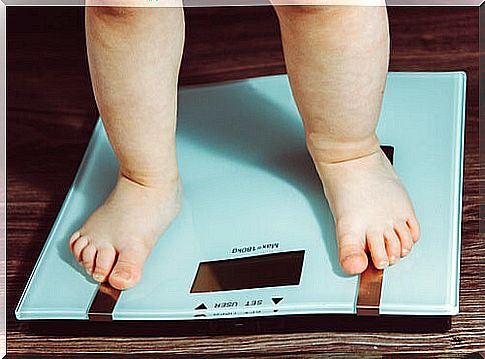
lack of iron
Lack of iron is a nutritional deficiency that can lead to anemia. Its effects on children’s intellectual development are irreversible. It shortens the ability to analyze and understand, and consequently intelligence is limited.
Hypotonia or muscle weakness
Muscle weakness, known as hypotonia, is a consequence of poor nutrition in children. Sadness, pallor, cessation of growth and weak crying are some of the symptoms. Low physical and academic performance is another risk. In babies, it manifests itself with a delay in the arrival of the first steps.
childhood obesity
Overweight in children manifests in rapid weight gain and difficulty moving. It can cause hormonal disorders, diabetes, increased cholesterol, bone changes, respiratory and liver complications.
Lack of control over the type of food children eat is one of the causes of poor diet. When canned food, sausages, soft drinks, fast food with excess fat, sweets and fried foods are abused , the consequences come fast.
The excess of carbohydrates, fats and proteins causes serious problems in children’s health. Therefore, they should be consumed in great moderation.
Proteins, too little or too much
The consumption of proteins, essential for the formation of muscle fiber, must be adequate. In excess, they overload the kidneys and liver, which are responsible for rejecting harmful substances when metabolism kicks in.
Excess calcium, which accumulates due to the impossibility of rejecting substances from the body, causes kidney stones. It can also decrease the assimilation of minerals.
Protein deficit makes it difficult to metabolize them. Cachexia causes muscle depletion and atrophy, tiredness, weakness and apathy.
Carbohydrates, deficit or abuse
In childhood, excess carbohydrates, in addition to obesity, cause diabetes and cardiovascular disease. Cavities, mood swings, lack of concentration and hyperactivity appear.
At the opposite extreme, a carbohydrate deficit causes fatigue and poor appetite. As it is the “gasoline” of the body, its scarce consumption reduces energy.

fats, more or less
A diet with excess fat causes overweight. The deficit stems from avitaminosis, or lack of vitamins A, D, E and K, irritability, lack of concentration and apathy.
Lack of vitamins also causes thyroid problems, idleness, anemia, scurvy and rickets. Parents should be aware of signs of tiredness, cramps, headaches, numbness, character disorders, and reduced mental capacity.
The consequences of poor nutrition in children can be permanent. A varied and balanced diet in childhood determines a healthy and prolonged existence. Whatever the cost, including food from all groups in children’s sayings is essential for them to develop properly.
